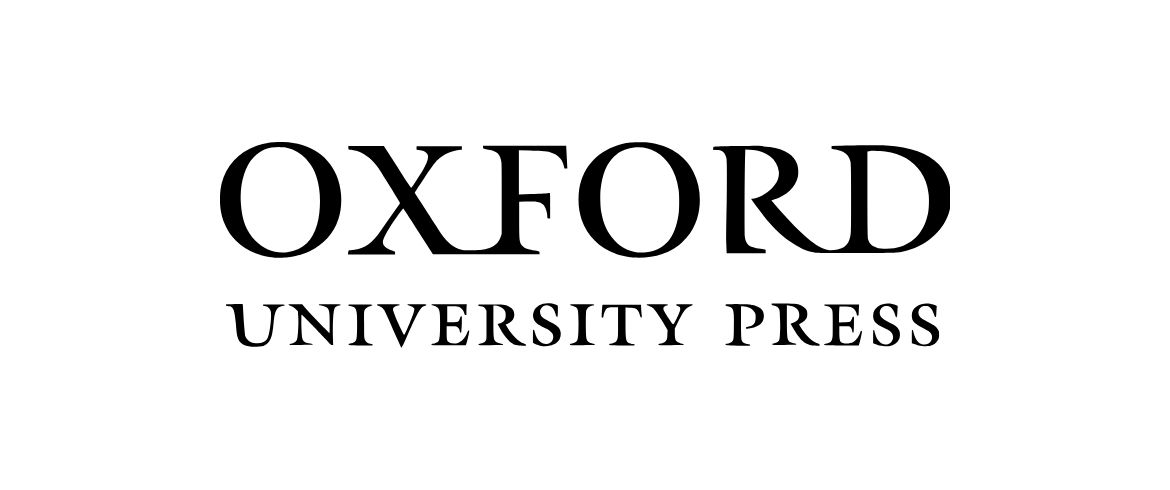The BRICS Grouping
Oliver Stuenkel
https://doi.org/10.1093/acrefore/9780190846626.013.505
Published online: 28 January 2022
Summary
The emergence of the BRICS grouping has been one of the most noteworthy yet misunderstood elements of global politics over the past decades. Despite its role in the transition toward a less Western-centric world order and the group’s surprising process of institutionalization, symbolized by the creation of a joint development bank, the relevance of BRICS remains contested by many scholars. To some, it amounts to little more than a marketing ploy articulated by a bank to attract investors, with very limited theoretical or real-world relevance due to the many differences between member states. To others, the grouping is symbolic of a broader power shift that has taken place in the world since 2000, with profound consequences for international politics. At the same time, the relatively limited time and energy academics have dedicated to the subject in the discipline’s leading journals is at least partly due to a Western-centric perspective that still dominates the discipline, which limits the attention scholars pay to initiatives led by non-Western powers. During the 2010s, however, a growing number of academics both in the West and in the Global South began to analyze the origins and impact of the BRICS and to write about the grouping focusing on issues such as South–South cooperation; questions of hierarchy, status, global governance, and the provision of global public goods; as well as sovereignty, democracy, financial statecraft, and global order. Despite continued doubts about how to think about the BRICS group, there is now a rich and highly diverse body of scholarship involving many different theoretical and geographic perspectives.
KeywordsBRICBRICSrising powersemerging powersglobal order
SubjectsPolitical Economy









